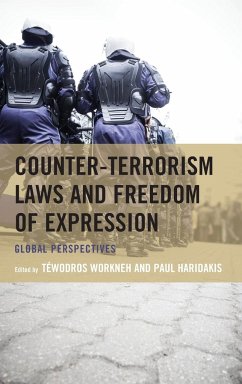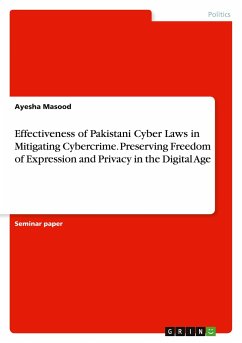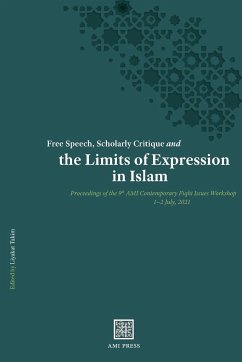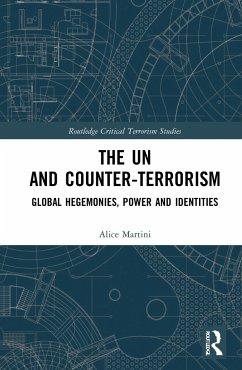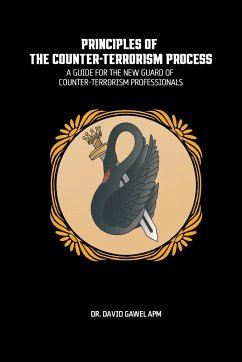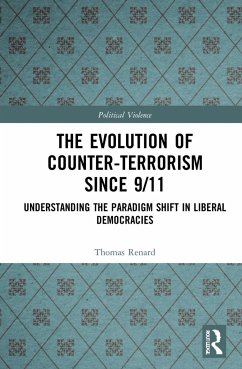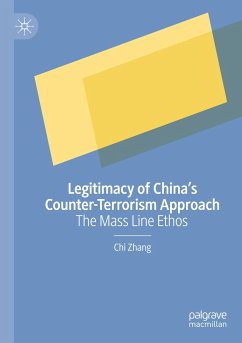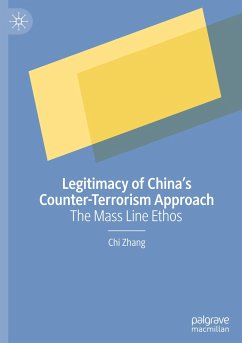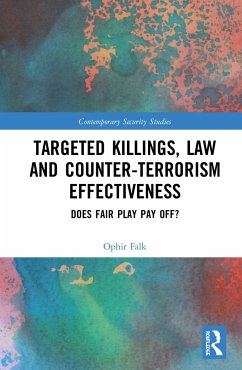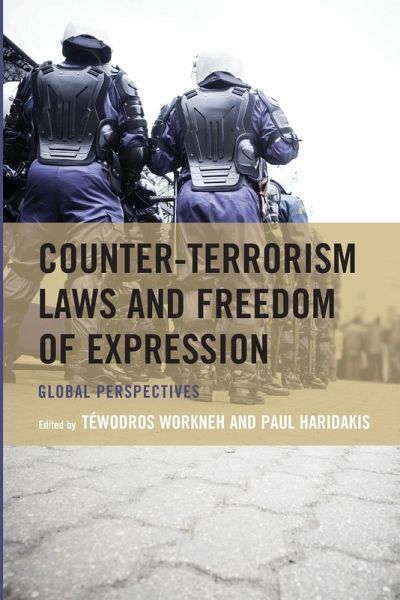
Counter-Terrorism Laws and Freedom of Expression
Global Perspectives
Herausgeber: Workneh, Téwodros; Haridakis, Paul

PAYBACK Punkte
24 °P sammeln!
As nations have aggressively implemented a wide range of mechanisms to proactively curb potential threats terrorism, Counter-Terrorism Laws and Freedom of Expression: Global Perspectives offers critical insight into how counter-terrorism laws have adversely affected journalism practice, digital citizenship, privacy, online activism, and other forms of expression. While governments assert the need for such laws to protect national security, critics argue counter-terrorism laws are prone to be misappropriated by state actors who use such laws to quash political dissent, target journalists, and r...
As nations have aggressively implemented a wide range of mechanisms to proactively curb potential threats terrorism, Counter-Terrorism Laws and Freedom of Expression: Global Perspectives offers critical insight into how counter-terrorism laws have adversely affected journalism practice, digital citizenship, privacy, online activism, and other forms of expression. While governments assert the need for such laws to protect national security, critics argue counter-terrorism laws are prone to be misappropriated by state actors who use such laws to quash political dissent, target journalists, and restrict other forms of citizen expression. The book is divided into three parts. Part I deals with the politics and discourse of counter-terrorism laws. Part II focuses on the ways counter-terrorism laws have impacted journalistic practice in different countries, with effects ranging from imprisonment of reporters to self-censorship. Part III addresses how counter-terrorism laws have been used to target everyday citizens, social media activists, whistleblowers, and human rights advocates around the world. Together, the chapters address how counter-terrorism laws have undermined democratic values in both authoritarian and liberal political contexts. Scholars of political science, communication, and legal studies will find this book particularly interesting.





